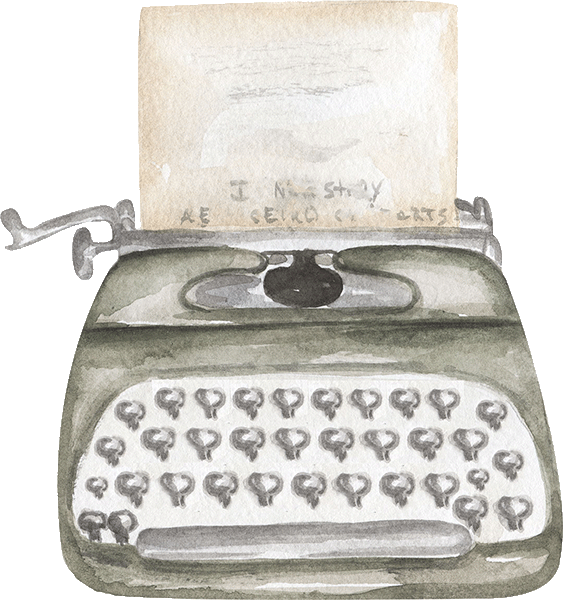
We’ve come to the conclusion.
Wait, I thought we just started this post!
Indeed, we did, but this post is about conclusions.
Oh, I understand now.
Good. Then we can continue.
The falling action is the wrapping-up of the novel; resolution is just another name for “conclusion.” It’s meant to be fairly short, as nothing can possibly be so good as what we’ve already passed (the climax), so we shouldn’t linger any longer than we have to. While still satisfying the readers, of course.

The falling action shows the aftereffects of the climax. Sometimes the novel cuts off directly after the climax leaving barely any falling action.
In Gone with the Wind, for instance, there are only a few paragraphs between the climax – “Frankly, my dear, I don’t give a ****.” – and “The End.” In these, Scarlett reflects on her broken life and plans for the future, ending on a somewhat hopeful – but still miserable – note.
Another example of this form of falling action is To Kill a Mockingbird. There is very little falling action after the main climax. That’s one of the reasons this novel packs such a powerful punch.
However, some genres better support a bit more resolution, and oftentimes readers love to hear how the characters end up. At least I do. It doesn’t hurt to add an extra chapter or two on describing how the character recover from the effects of the climax and continue on with their lives.
The falling action is not to be confused with the epilogue. As I’ve said before, the falling action is the “sincerely yours” while the epilogue is the “p.s.”
Well, that was a short post. I hope you don’t mind, but I frankly admit I hadn’t much to say and I’m soooo glad to be done with the “Plot Construction” series. Researching for it helped me … I hope it helped you a little bit. 🙂
~Kellyn Roth
p.s. What do you like to see in falling actions? Do you struggle with them in your own writing? Did I leave out anything in this post?


9 Responses
These posts really helped me! Thanks, Kellyn!
Awesome! I’m glad they were completely useless to anyone but me. 😉
I know you’re right, but still, I don’t like it when the characters are all happy (particularly in romances) and then BOOM! The book ends and I can’t experience their happiness anymore. 😉
CutePolarBear
I don’t like it much either … a nice epilogue is good sometimes. Or a sequel, so I can experience their happiness for a whole book-length. 😉
Yeah, that is ideal. 😉
CutePolarBear
Very helpful! I love posts like these. 🙂
I’m glad to know that! Sometimes I feel like my amateur advice must be kind of annoying. 😛
You’re welcome! No, no! They’re lovely!